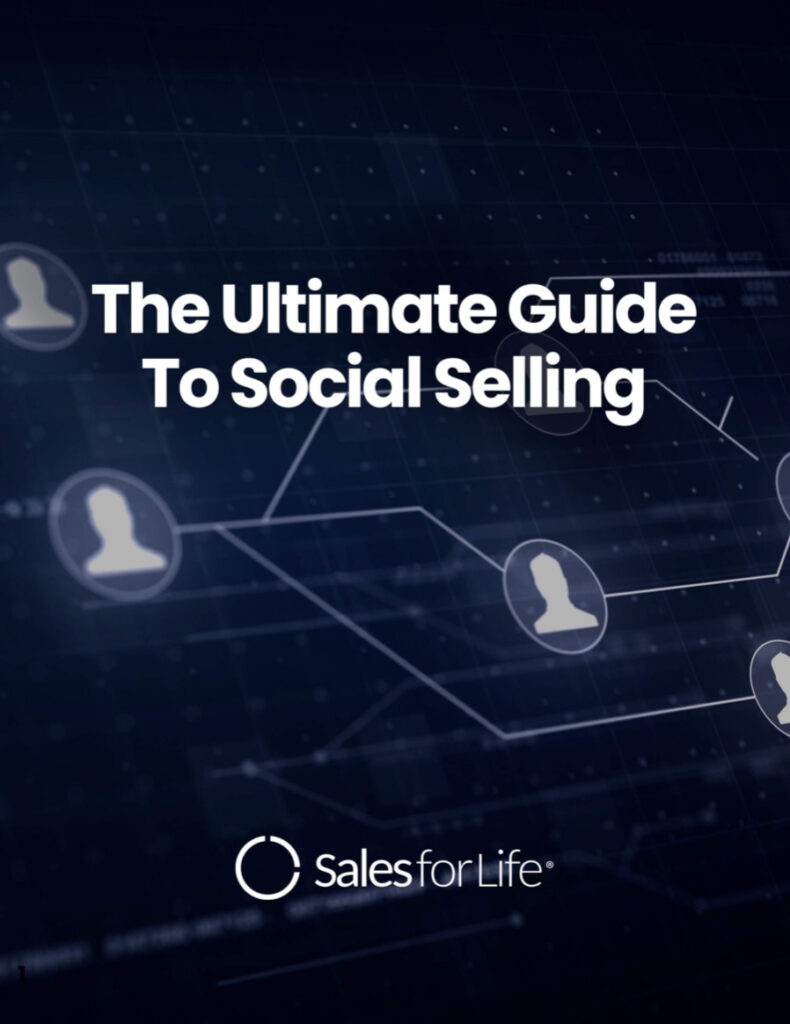Admit it—the first time you heard the term “social selling,” you thought of social media marketing. This is one of the most common questions—and misconceptions—in the world of both marketing and sales. The truth is, there is quite a bit of difference between the two.
Social Selling
Social selling is a vital tool that can be broken down into four main approaches:
- Creating a strong brand
- Building relationships
- Engaging with your customers
- Focusing on your prospects
Social selling focuses on building and nurturing relationships—relationships between people, between companies, and between teams.
It is the process that takes place when an industry expert or a professional uses social media platforms to start and engage in conversations about topics that are relevant to their field of work.
Think of it as having a veteran on a particular subject having a casual conversation with you. In this conversation, they’re sharing their experiences, insights, and knowledge. This is the heart of social selling. It is founded heavily on facts and expertise.
What makes social selling both attractive and attainable is that it costs nothing. In our digital world, any expert from anywhere can share their wealth of wisdom anytime—and their audience receives this information for free.
Why should this matter?
The mere fact that any person—whether they’re consumers of a product or simply consumers of information—can ingest this information, engage in the conversation, and even get in touch with the expert in real-time.
Yes—the end goal of social selling is still, of course, to sell a product.
However, it is done in a very genuine, honest, and straightforward manner. We live in a world where information is given in bulk. The accessibility of consumers to this information is not the challenge.
The real value of social selling is the ability to talk to an industry expert with the experience and credibility to discuss it thoroughly, answer questions, and even give recommendations.
A significant difference between social selling and social media marketing lies in how information is shared. In social media marketing, you can use tools to schedule and automate posts. You can even automate your responses when a person tags or mentions you. If you do this practice in social selling, you’ll be marked as spam, and you’ll likely lose credibility from that follower.
Again, social selling is about taking care of relationships that you’ve managed to build. This means sharing authentic content and investing in genuine engagement with your audience.
Interested in learning more about Social Selling?
Check out The Ultimate Guide to Social Selling.
Social Media Marketing
Because of the more accessible insights of people in the world of business-to-customer relationships, social media marketing has become almost second nature in commerce today. That’s why whenever a consumer looks up a brand to check out a product or service that they want to buy, they go to that brand’s social media profiles.
Social media marketing is just that: catering to customers.
Businesses post about their products, promotions, campaigns, and other business-related information. Lookup any of your favorite brands—food, clothing, or electronics—on social media. You’ll notice immediately that their posts are designed to appeal to their customers.

The type of content shared here is meant to be consumed fleetingly, as is the nature of social media originally. That’s why it’s common to see memes, trivia, product posters, and other one-off content that you can ingest once and never have to think hard about later. People don’t feel compelled to have a conversation with the brand’s authorities to have in-depth talks about their products the way they would in social selling.
The goal of social media marketing is to expand reach. Think of it as the modern-day version of running a commercial on TV or the newspaper. Brands use this form of marketing to get their product information to as many people as possible.
While engagement on social media pages is part of their marketing efforts, it’s not as focused on nurturing long-lasting relationships as social selling is.
In summary, social selling is done by sales teams to leverage social platforms to engage with prospects directly, while social media marketing is sharing content to achieve branding and marketing goals.
Combining Social Selling and Social Media Marketing
Social media marketing is a dynamic powerhouse that can deliver the right content at the right time, but the potential buyers require an established relationship. Both sales and marketing go side by side and without each other, the selling process is considered incomplete. And together, social selling and social media marketing have the potential to positively impact your businesses’ bottom line.
Interested in learning more about Social Selling?
Check out The Ultimate Guide to Social Selling.


